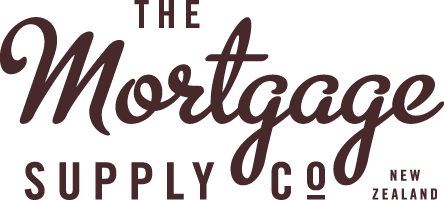For a number of Kiwi’s investing in property is a highly desirable form of investment. And, in today’s climate with house and land prices around the country continuing to rise it can also be quite profitable.
However, investing in property doesn’t come without risks. Like other forms of investment, there is a fine balance between risk and reward. If undertaken correctly, with the right mindset and backed by solid research and timing, you will hopefully be able to avoid these risks.
While most people understand the potential benefits of investing in property, we also need to be aware of the risks associated as well. At the end of the day, by understanding and planning for these risks, you will put yourself in the best position possible to succeed.
Your money isn’t liquid
The initial costs of investing in property can be fairly high. In most cases, it will require you to save a substantial deposit, which for most people will involve the majority of their savings.
As a result, if you require a sudden injection of cash, you may not have it sitting in your account. In this situation, if you require cash you will either have to sell, raise the rent or increase your loan, all of which are not quick fixes.
Understand the various costs
One of the biggest mistakes property investors make, especially first-time investors, is not accounting for the ongoing costs associated with managing a property.
While the initial costs of securing a property are high, the ongoing costs will add up as well. They include property management fees, council rates, insurance, taxes, utility bills, maintenance and any unforeseen costs.
You also must consider how much time you will need to invest in managing the property if you don’t decide to hire a property manager. Whether you have one or a large portfolio, keeping on top of your investment is can be a fairly time-consuming task.
How much are you borrowing?
Before you commit to purchasing another house, make sure you ask yourself, ‘how much debt are you willing to take on?’
In New Zealand, most people have to pay a sizeable deposit and then extend their current mortgage if they want to buy a second house. If you thought buying your first home was a big investment, adding on another home loan on top of your current mortgage is an even bigger commitment.
This is where conducting sound research, creating a comprehensive budget and speaking to a trusted mortgage adviser is so important. Make sure you have a good understanding of exactly what you can afford and whether it’s smart or not. Because there is no point buying a second home if it will leave you in a worse position financially.
Can you find tenants?
Investing in property grants you access to two forms of income. In the short-term, there is the rental income you receive from having tenants in your house. Then there is the income you receive when you decide to sell the house, hopefully for more than you bought it for.
However, be aware that you may not always be able to find tenants for your property. In today’s hot rental market, this shouldn’t be a problem, but the property market is prone to sudden 180s. This means it is always a good idea to have enough saving tucked away to keep up with maintenance costs should the house be vacant for a long period of time.
Buying an investment property is a great idea if you are in the right position. While buying your first house is a chance to get out of the rental market and secure an asset that is all your. Buying an investment property gives you access to an asset that will ideally pay for itself over time.
However, be mindful that there are a number of risks associated with buying an investment property. Risks, that is not accounted for, could potentially cause major issues for you later down the road.
To ensure you are in the best position to succeed from building an investment portfolio, make sure you get in touch with The Mortgage Supply Co. today. Our friendly and experienced advisers will be able to help you understand exactly what is required, design a plan and help you get the best mortgage deal possible.









